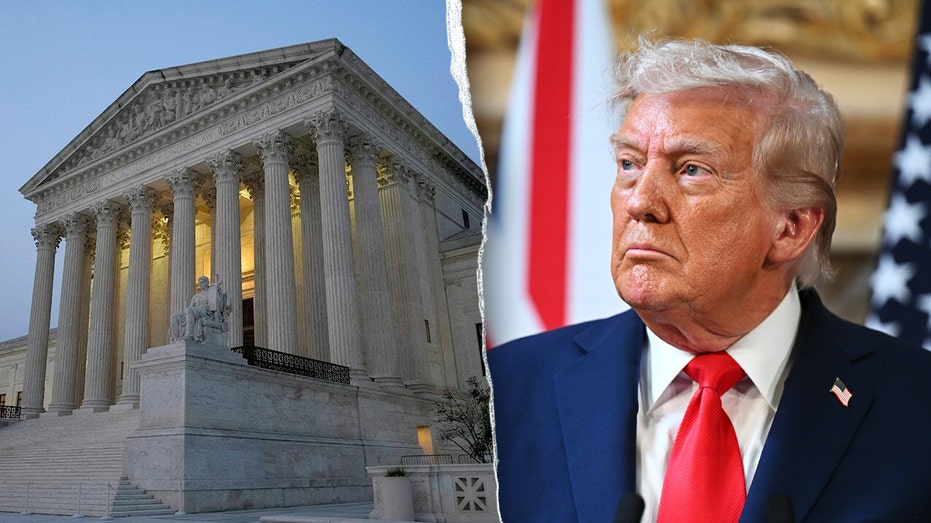The air in Caracas crackles with tension. Nicolás Maduro, increasingly isolated, has begun a fierce campaign against political rivals, accusing them of conspiring with foreign powers to destabilize his government. The crackdown signals a deepening crisis within Venezuela, a nation already reeling from economic collapse and widespread humanitarian suffering.
Meanwhile, a silent show of force unfolds on the high seas. Satellite imagery reveals the positioning of the USS Iwo Jima and USS Gravely, placing these powerful warships within striking distance of Venezuelan shores. The deployment, though officially unconfirmed as a direct threat, is a stark demonstration of American military capability in the region.
The international community watches with bated breath, grappling with the escalating situation. A recent poll across Latin America reveals a surprising sentiment: a majority of respondents express support for potential military intervention to remove Maduro from power. This widespread backing reflects a growing desperation among neighboring nations witnessing the unfolding tragedy.

The roots of this crisis run deep, stemming from years of economic mismanagement, political polarization, and accusations of authoritarian rule. Venezuela, once the wealthiest nation in South America, now faces crippling shortages of food, medicine, and basic necessities. Millions have fled the country, creating a massive refugee crisis.
The presence of U.S. naval forces adds another layer of complexity to an already volatile situation. While proponents of intervention argue it’s a necessary step to restore democracy and alleviate suffering, critics warn of the potential for further destabilization and a wider regional conflict. The stakes are incredibly high.
The poll results are particularly noteworthy, indicating a significant shift in public opinion within Latin America. Historically resistant to external intervention, many now see it as the only viable path to resolving the Venezuelan crisis and preventing further regional fallout. This sentiment underscores the depth of the desperation felt across the continent.
Maduro’s response has been predictable: condemnation of the U.S. military presence and renewed accusations of a U.S.-backed coup attempt. He maintains that his government remains legitimate and that any intervention would be a violation of Venezuelan sovereignty. The rhetoric is escalating, further fueling tensions.
The coming days and weeks will be critical. Diplomatic efforts continue, but the window for a peaceful resolution appears to be narrowing. The positioning of the warships, coupled with the growing regional support for intervention, suggests that the situation is rapidly approaching a tipping point. The future of Venezuela hangs in the balance.





